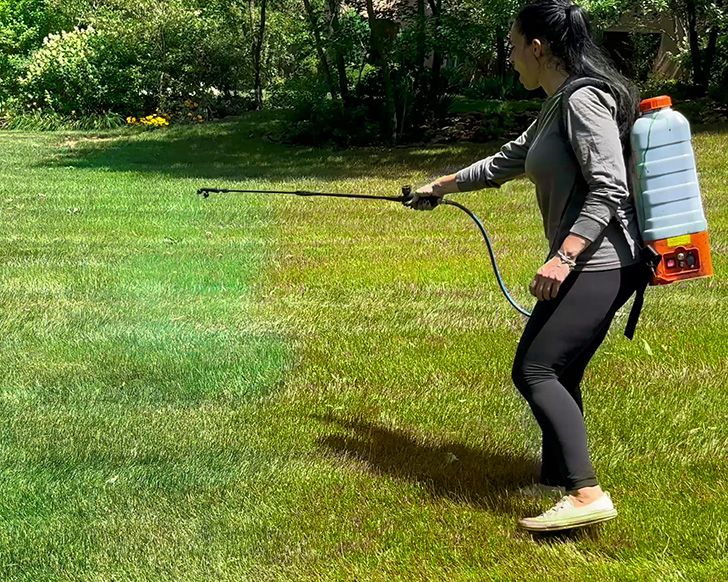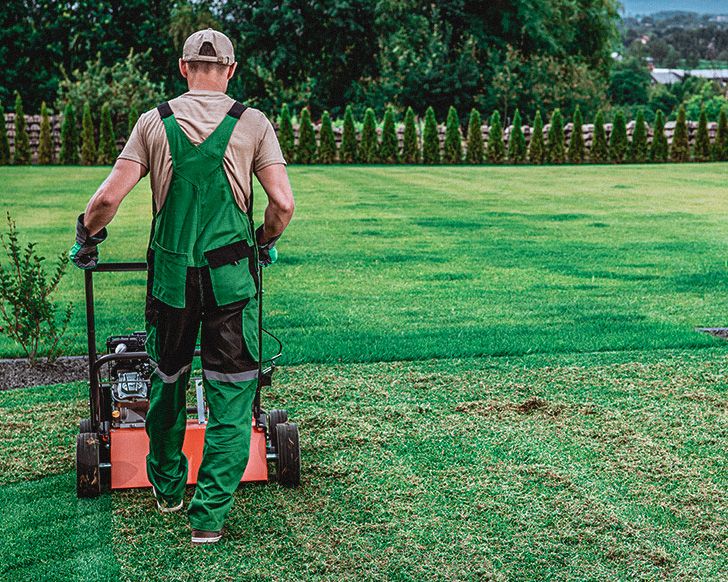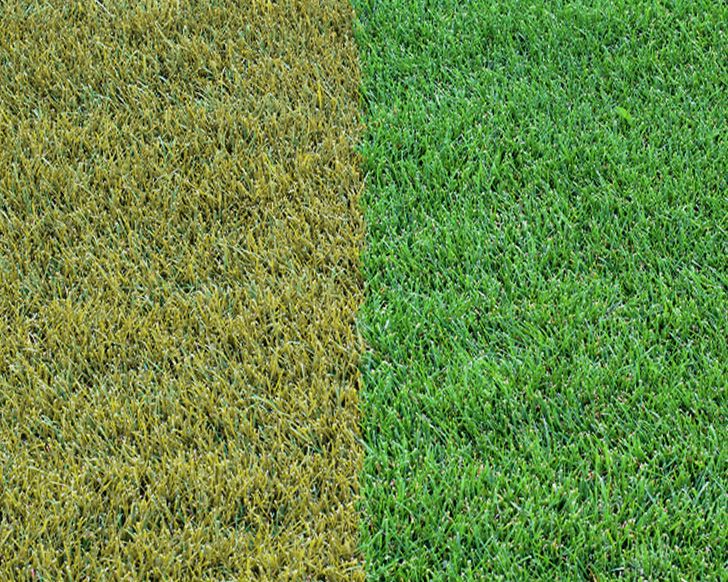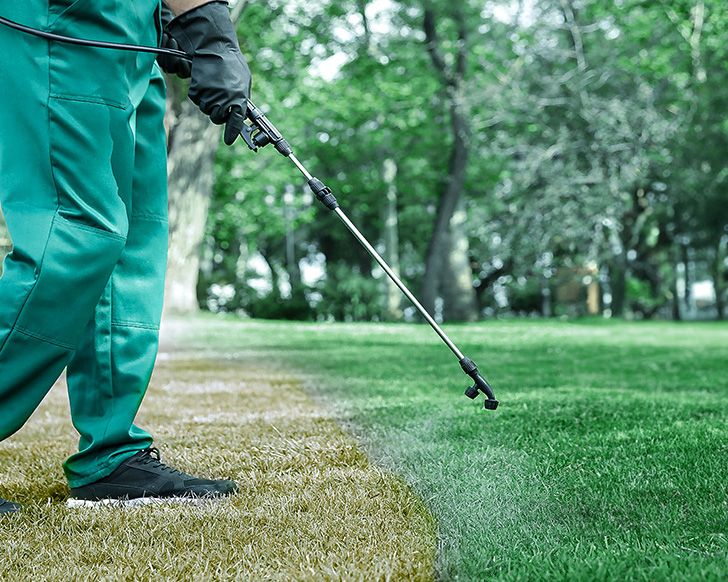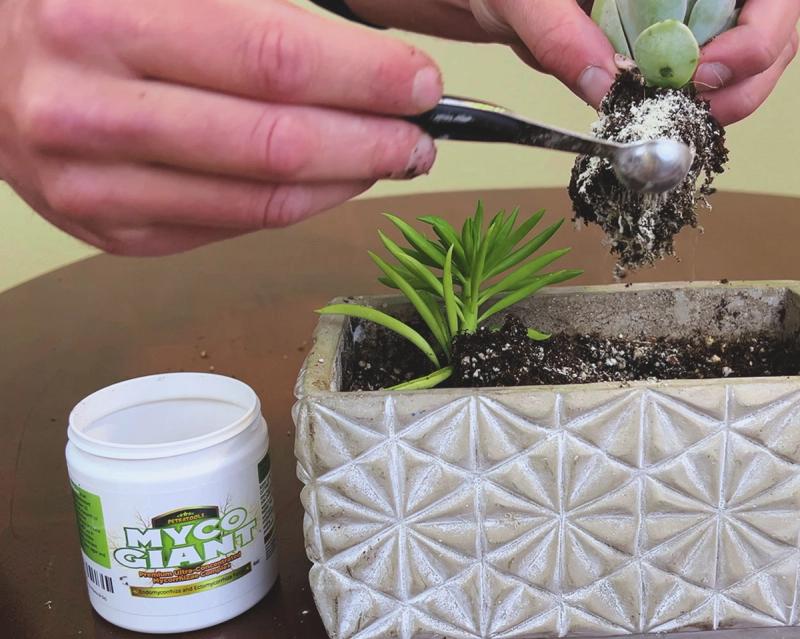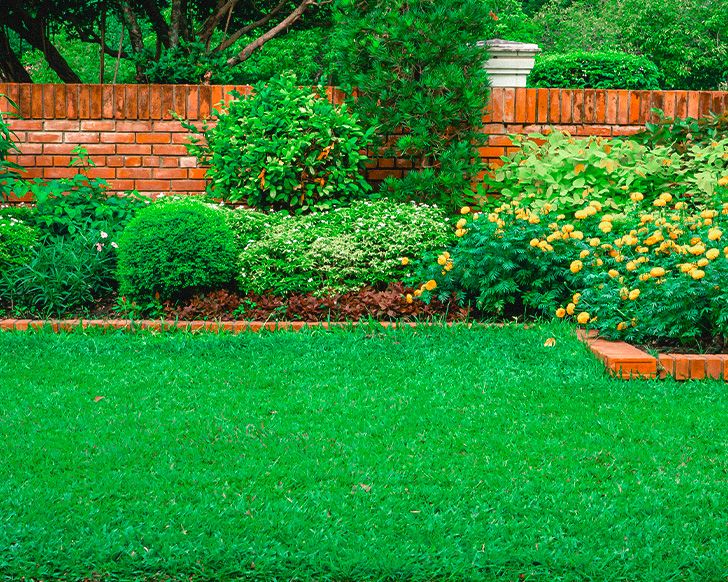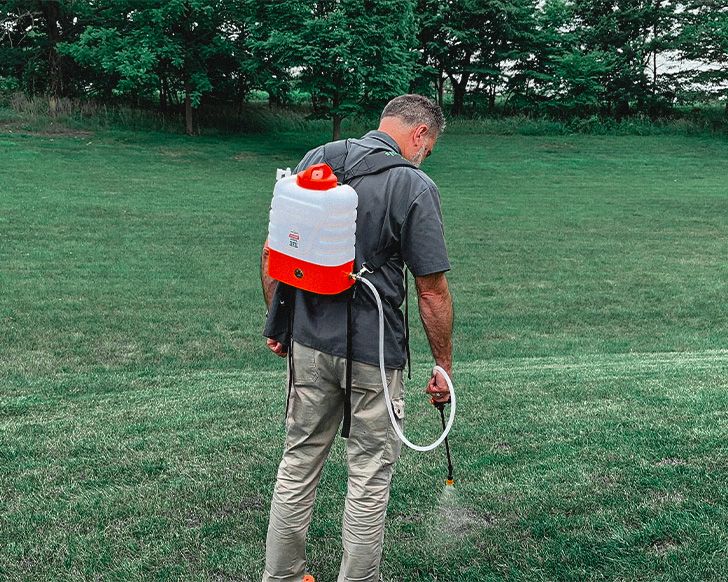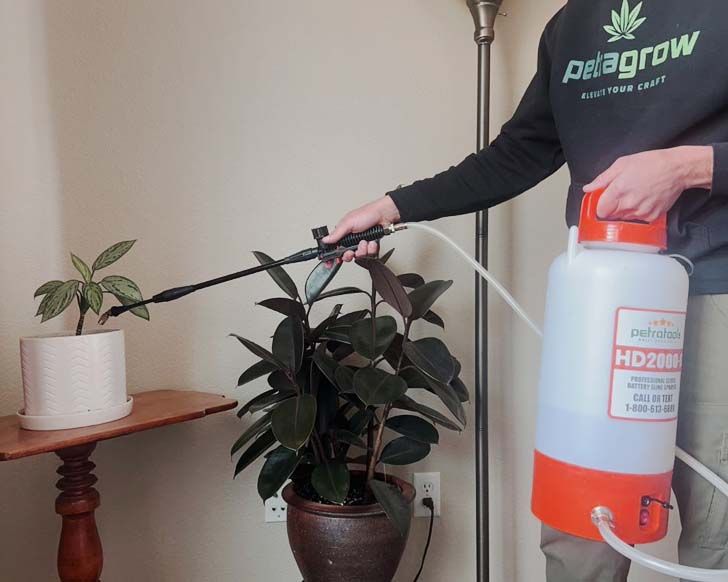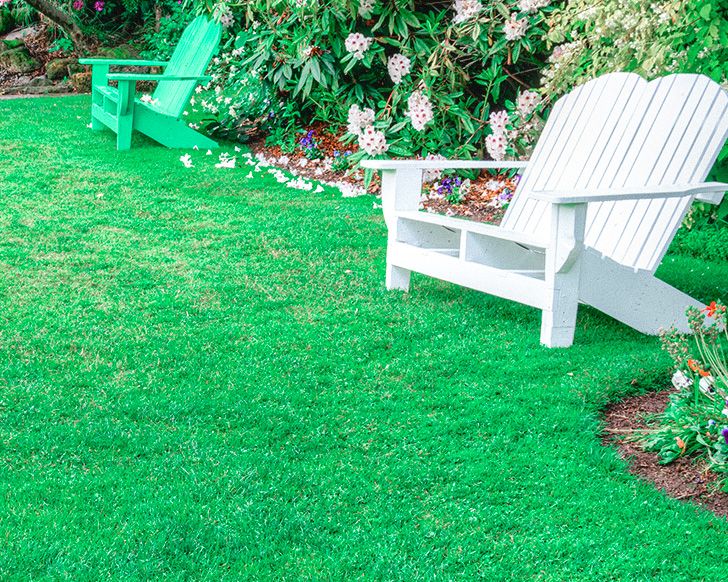Safeguard Your Crops: The Best Natural And Organic Pesticides To Keep Your Plants Thriving (2024)
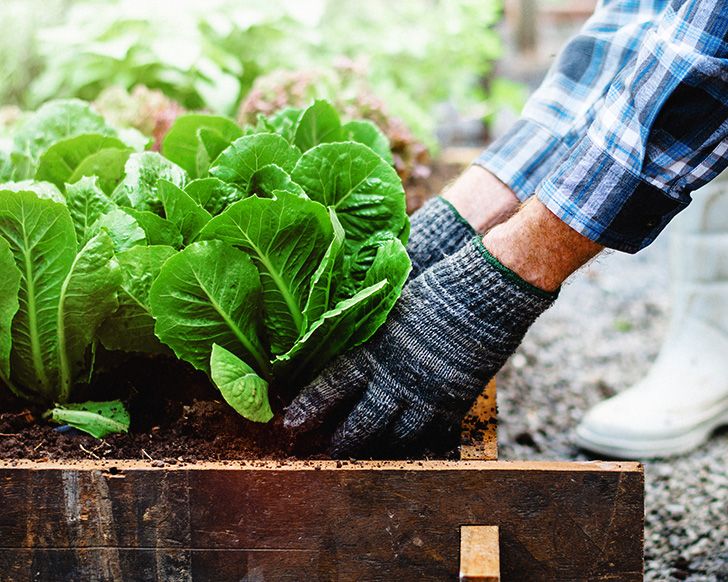
Safeguard Your Crops: The Best Natural And Organic Pesticides To Keep Your Plants Thriving

It is not a secret that all commonly cultivated plants are highly vulnerable to pests. If you are into farming, gardening, taking care of vegetable patches, or even growing cannabis plants, chances are you have experienced or will experience some variety of pests sooner or later.
To deal with pests effectively, you should identify and treat them immediately before the damage they are causing becomes irreversible.
There are many chemical treatment options available that can quickly get rid of pests from of your plants and crops. But unfortunately, this can also mean synthetic chemicals may infiltrate the plant and could be toxic to humans, animals, and the environment.
Read on to learn more about insecticides and their effects on your health, the environment, and the garden.
Why Use Natural Insecticides?
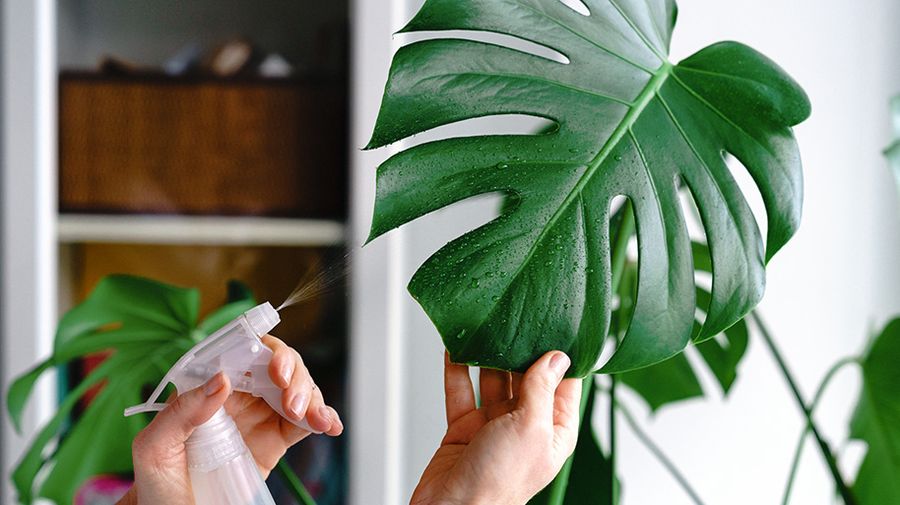
Natural insecticides are a great alternative to chemical insecticides. They're safe and effective and have fewer adverse side effects than chemical pesticides.
The most important thing to remember when using any natural insecticides is always read the label carefully before applying. This way, you can be sure that the product is applied in its most efficient and effective manner.
How to Tell if Your Plant Needs an Insecticide
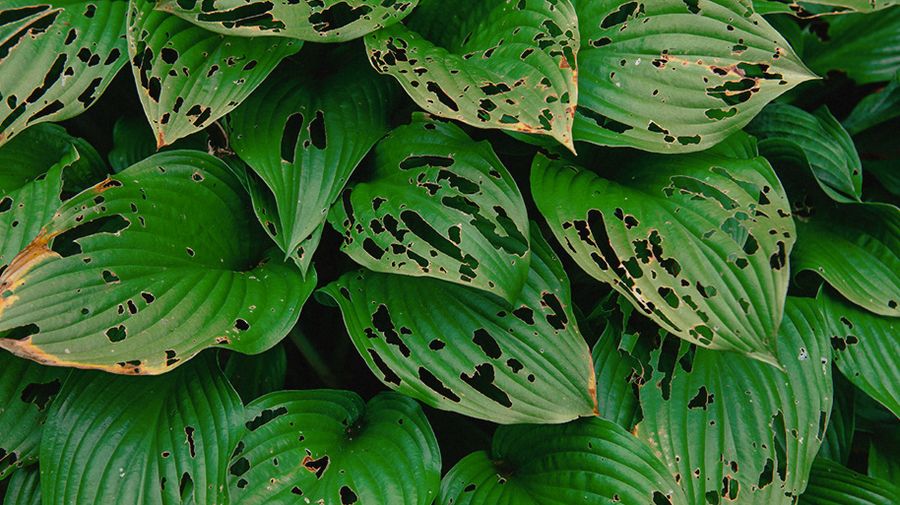
It's important to know when your plant needs an insecticide. You can start by looking at your plant's leaves. If you notice holes in the leaves or sticky deposits, it may be due to pests such as aphids, scale, or mealybugs.
In addition to looking at the leaves, you can also check the stems of your plant. If they appear smooth and shiny, this is a sign of an infestation of spider mites. The best way to prevent these pests from getting out of control is by using an insecticide explicitly designed for them.
How to Use Natural Insecticides
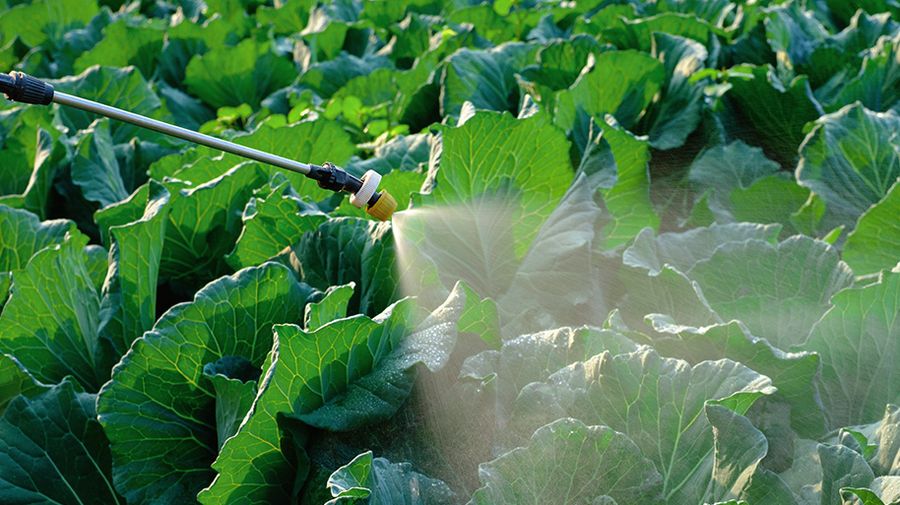
The best way to use natural insecticides is by spraying them directly on the pests. This will kill them instantly and prevent them from spreading to other plants in your garden. You can also mix these products with water and use them as a systemic treatment for larger areas, such as trees or shrubs.
The best time to use these products is when you first notice the pests. If they are not too numerous, you can spray them with a product and wait for them to take effect.
How Often Should You Use Insecticides on Plants?
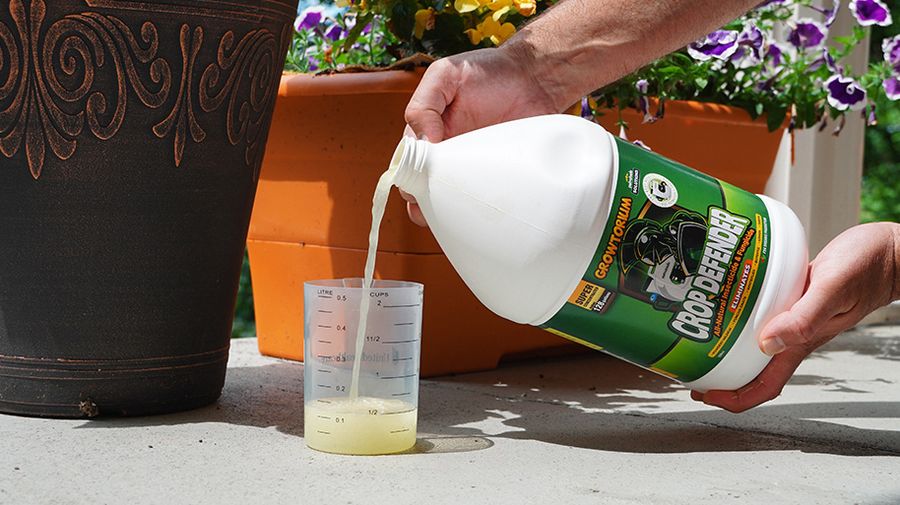
Insecticides are effective for a limited amount of time. This means you must reapply them if you want to continue killing pests in your garden. You should use these products only when necessary, because they can harm humans, pets, and wildlife if misused.
What Are the Best Natural Insecticides?
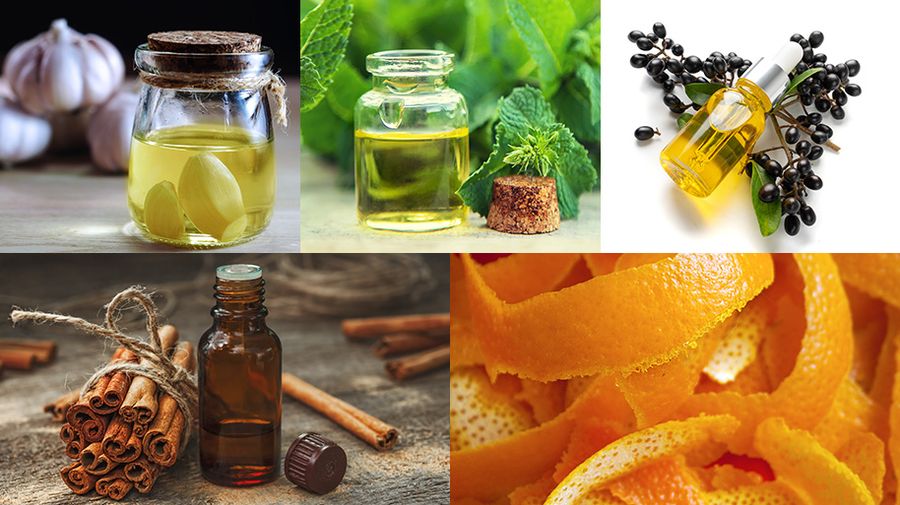
There are many different types of natural insecticides that you can use in your garden. Some work by smothering insects, while others use bacteria to kill them. Below are some of the most effective types:
Garlic oil: This is made from garlic bulbs and can be used on various plants. The best way to apply it is by using either a sprayer or a watering can.
Peppermint oil: This is another common natural insecticide that can be used to kill aphids and other tiny pests. It works by smothering them, so you should spray it on plants during the early morning hours when temperatures are lower, and there's less chance of burning your plants.
Sambucus nigra (elderberry): This plant has many uses for your garden, including as an insecticide. You can use the flowers or berries to make a spray that will kill aphids and other insects.
It's best to use elderberry on young plants since the berries are problematic for older ones to absorb.
Cinnamon: This spice has many uses in cooking and baking, but it also works as an insecticide. You can mix cinnamon with water or tea to stick to leaves and stems better.
This will help protect your plants from aphids, whiteflies, and other garden pests. It's best to use cinnamon on young plants since older ones may have difficulty absorbing it.
Citrus peels: Citrus peels can be used as an insecticide for your garden by mixing them with water and spraying the mixture on your plants.
Peels from lemons, limes, oranges, and grapefruits are particularly effective against whiteflies and aphids. You can crush peels to make them more potent or simply place the whole thing in a blender with water to create a spray.
Natural Compounds That Can Treat Pest Infestations
Most synthetic insecticides stay longer on soil and plants and are more likely to build up after repeated applications. The longer they stay, the higher the risk of contaminating nearby surface water, groundwater, plants, and animals. This means growers and consumers are likely to encounter toxic substances, too.
That is why farmers and growers are leaning on natural or organic alternatives to eliminate pest infestations on their plants to reduce harm.
The following compounds have shown authority to treat pest infestations but always be mindful of how these compounds should be used. Merely because a pesticide is natural or organic does not mean you can ignore the manufacturer's application instructions. Follow them always and research the toxicity of each substance before use.
Spinosad
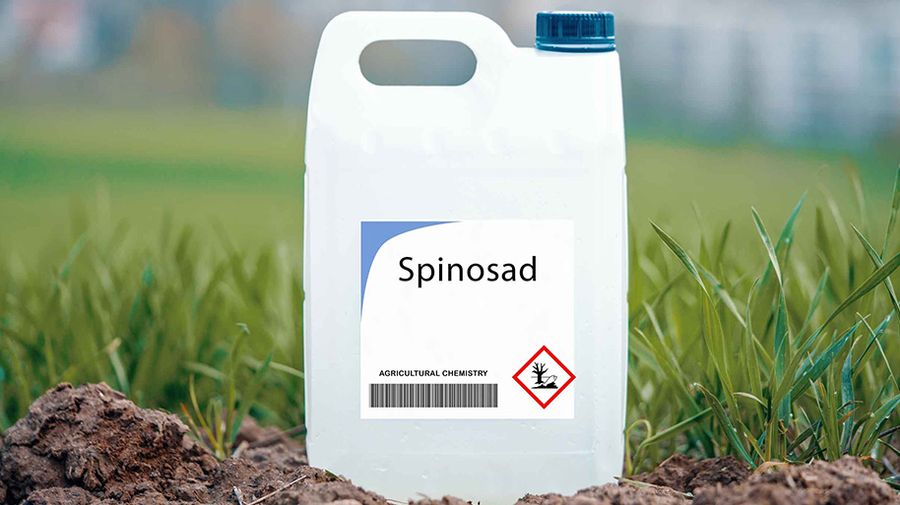
Spinosad is a natural compound derived from the bacterium Saccharopolyspora Spinosa. This bacterium disrupts the nervous system of insect larvae. Spinosad works best against the larvae stage of pests.
Pyrethrins
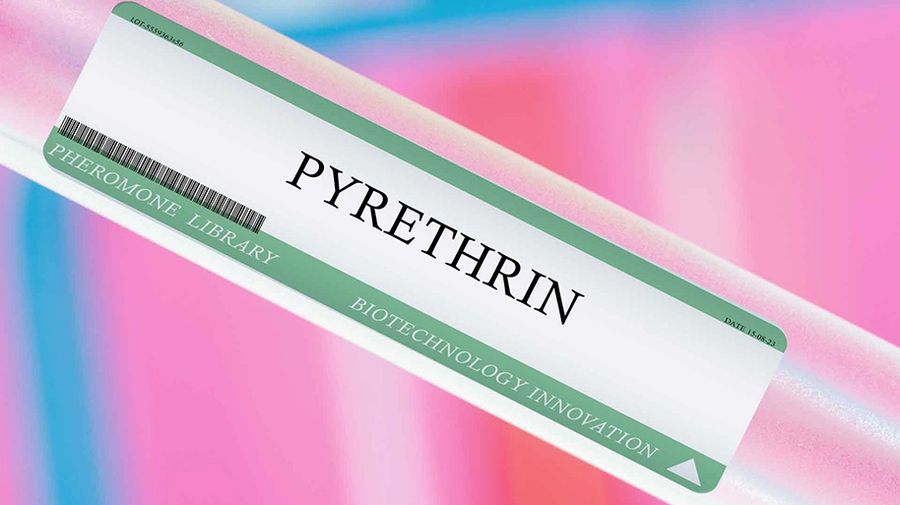
A natural derivative of chrysanthemums, Pyrethrins have been used in horticulture for many years. This is due to their low toxicity to humans and animals. Pyrethrins are excessively toxic to insects and can be used to eliminate a wide variety of pests insects. Following the manufacturer's guidelines is extremely important when using this product.
Plant Oil Extracts
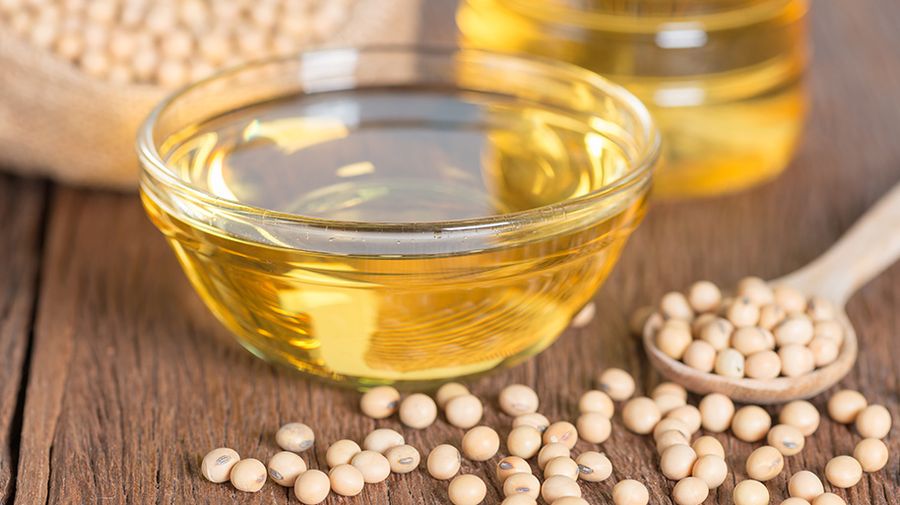
Soybean, corn, and peppermint oil are some plant extracts that create powerful natural insecticides. They are some of nature's best organic and natural pesticides that, when combined, can make a far more superior weapon that growers can effectively use to improve their Integrated Pest Management (IPM) on their crops.
How to Spray Insecticide on Plants
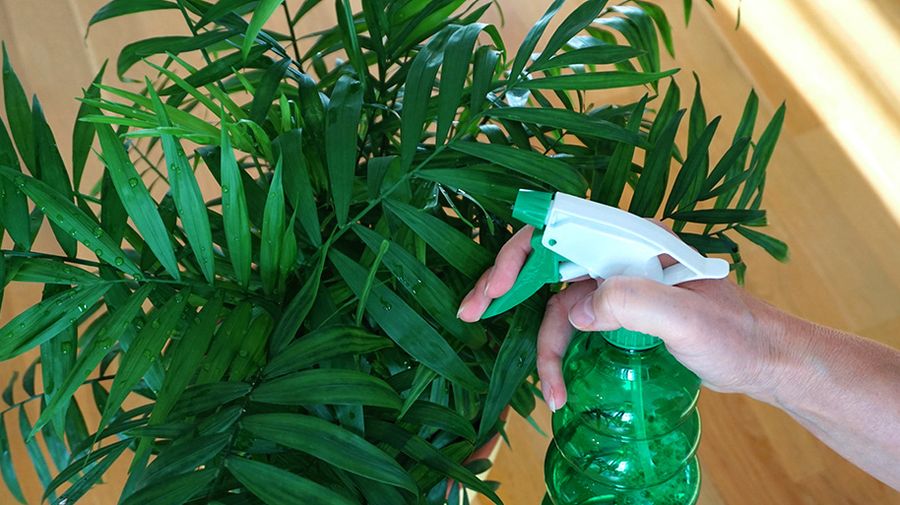
When you are ready to spray, make sure that your sprayer has been cleaned and is completely dry.
Step 1 - Mix a small amount of your solution in a plastic cup with water to make sure that it is properly mixed and will not clog your sprayer.
Step 2 - Using a watering can, handheld pump sprayer, or a small fogger, apply the mixture to the plants in question, making sure that both sides of the leaves are covered completely.
If you are using a pump sprayer, make sure that the nozzle is set to a fine mist and not a stream.
Step 3 - Be sure to cover all parts of the plant with your solution, including any flowers or buds that may be present.
Step 4 - Wait two days before applying another round of insecticide if needed.
How Long Does Insecticides Last on Plants?

An insecticide is effective for about three to four weeks, but it varies depending on the type and amount of insecticide used. For example, if you use a ready-to-use product that is only sprayed on the leaves and is not absorbed into the plant itself (such as pyrethrins), it will last only one or two days before needing another application.
If you use a product that is absorbed into the plant itself, such as horticultural oil, then it will last for four to six weeks.
Insecticide should be reapplied as needed, but keep in mind that it may not be effective if the insect problem is severe. If you notice an increase in the number of insects on your plants, they may have developed a resistance to the pesticide and another type will need to be used.
Crop Defender: A Natural Bug Spray
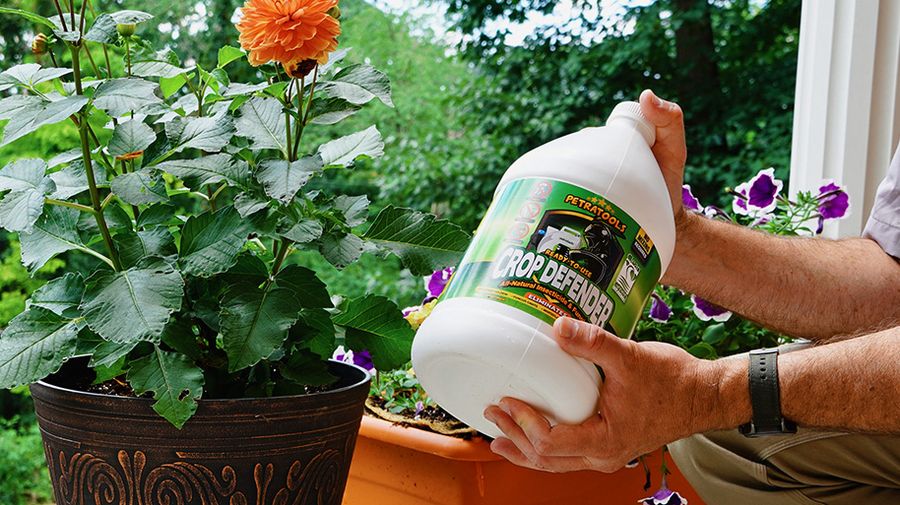
These three effective oils are found in PetraGrow’s Crop Defender, a natural bug spray that stops pests on contact, and helps you beat your pest problem quickly.
Crop Defender targets and immediately beats the root cause of infestation so that your plants and crops can regain their healthy state. The main active ingredient of the Crop Defender is soybean oil. It is a contact pesticide with effects on soft-bodied insects and mites.
This solution for the problem of pests, disease, mold, and mildew offers a cost-effective, environmentally friendly approach to growing your crops.
It is safe for all sprayers, can be used from the seeding stage, is excellent for indoor and outdoor use, and is non-toxic to plants.
If you're looking for a ready-to-use biopesticide to protect your plants, PetraGrow Crop Defender is the product for you!
It gives you a fast, efficient way to kill pests like mildew and aphids without having to use any special equipment. Just shake it well and watch the powder do its work! It also works great on indoor houseplants.
If you are searching for an infestation-stopping solution or want to improve IPM, check out PetraGrow Crop Defender and see if it works for your needs.
Takeaway
If you're concerned about the safety of your crops or want to eliminate harsh chemicals from your farm, indoor & outdoor plants, garden, and greenhouse, PetraGrow Crop Defender is a great choice. This all-natural pesticide is effective against powdery mildew and aphids while protecting against whiteflies, thrips, and fungus gnats. It's an all-natural solution that fights pests and diseases without harming people, pets, or the environment.
